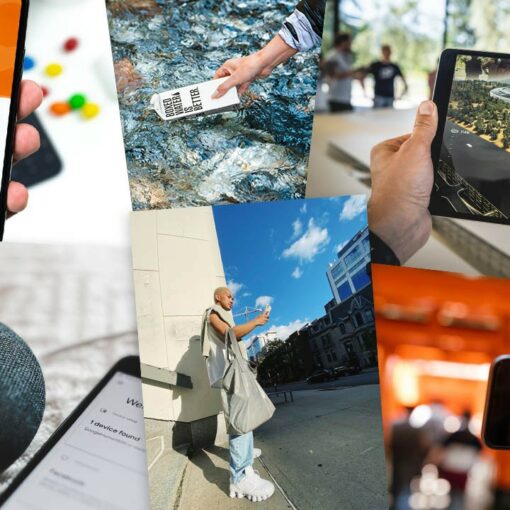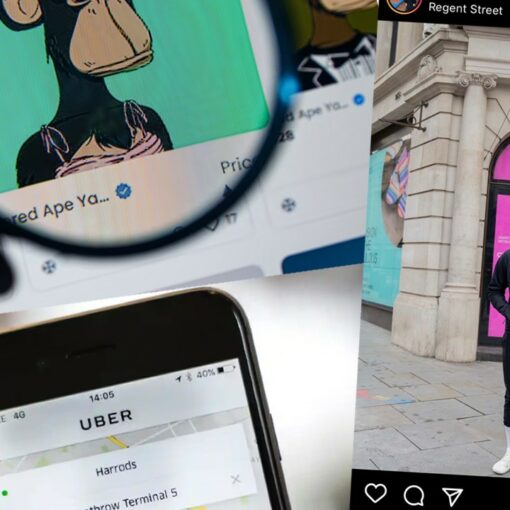Everyone is talking about ChatGPT-4 and how it could one day replace jobs worldwide. Early signs show that it is a powerful tool marketers can use to improve efficiency and accuracy. But is it all positive?
In this blog post, we’ll explore what every marketer needs to know about ChatGPT-4 and how marketers could use it during the working day.
We will cover the following topics:
- What is ChatGPT-4?
- How can ChatGPT-4 be used for marketing?
- What are the benefits of using ChatGP-4 for marketing?
- What are the challenges of using ChatGPT-4 for marketing?
What is ChatGPT 4?
ChatGPT is a natural language processing tool driven by AI that lets users have human-like conversations with the chatbot. The language model can answer questions and assist users with tasks like composing emails, creating content and writing code.
One of the most important things marketers need to know about ChatGPT-4 is that it is much more creative than previous versions of the chatbot. Marketers can use it to generate more engaging and exciting content for marketing campaigns. For example, marketers are using ChatGPT-4 to write blog posts, create social media posts, and even generate video scripts.
We’re already seeing examples of marketers using it to create marketing personas, develop strategies, write and make code more efficient, and manage marketing campaigns.
ChatGPT-4 trains itself on a massive dataset of text and code. This training allows it to generate text, translate languages, write different kinds of creative content, and answer questions informally. It is still under development, but it has already learned to perform many types of tasks, including
- Following instructions and completing requests thoughtfully.
- Answering questions in a comprehensive and informative way, even if they are open-ended, challenging, or strange.
- Generating different creative text formats, like poems, code, scripts, musical pieces, emails, letters, etc.
How can ChatGPT be used for marketing?
The most common uses of ChatGPT-4 include:
- Content generation: Many marketers are using the platform to write blog posts, create social media posts, and generate video scripts. It gets even better than that; marketers can ask it to personalise content for different audiences. For example, asking it to create different versions of a blog post for different target demographics. – Check out copy.ai, a tool built on OpenAI’s technology.
- Customer service: ChatGPT-4 is already being used to power some of the world’s most advanced customer-facing chatbots with its advanced conversation characteristics.
- Lead generation: One of the most hyped uses is the ability to create chatbots that qualify potential leads. Sales and marketing professionals are using the technology to ask potential leads questions about their needs and interests and then pass this information to sales representatives. Drifted used ChatGPT to build a lead generation bot, which resulted in 1,000 leads in the first two months.
- Marketing research: Marketers are utilising ChatGPT-4 to acquire a more in-depth understanding and gather data on customer behaviour. The advanced capabilities of ChatGPT allow for the analysis of consumer sentiment, the creation of surveys, and even the extraction of insights into industry trends.
What are the benefits of using ChatGPT for marketing?
There are many benefits to using ChatGPT for marketing, including the following:
- Increased efficiency and reduced cost: Marketers are seeing the benefit of automating tasks typically done manually. Automation can free up time for marketers to focus on other tasks, such as developing marketing strategies and creating content. This can save money on labour costs and other expenses. A study by OpenAI found that ChatGPT gave human-like responses 72 percent of the time, while humans generated human-like responses only 52 percent of the time.
- Improved accuracy: ChatGPT-4 can improve accuracy by generating text that is free of errors. This helps ensure that marketing messages are clear, concise and accurately represent the brand.
- Personalised customer experience: With ChatGPT-4, marketers can give customers a more personalised experience by tailoring the conversation to their needs. This can lead to increased customer satisfaction and loyalty.
What are the challenges of using ChatGPT-4 for marketing?
There are a few challenges to using ChatGPT for marketing, including:
- Accuracy: The tool is still under development and can be prone to error. It’s important to proof and fact-check any output from ChatGPT. The industry is already reporting to be replacing traditional copywriters with AI.
- Bias: ChatGPT-4 is trained on a massive dataset of text and code, which may contain bias. This bias can be reflected in the text ChatGPT generates, which can damage the brand. Check out these nine examples of bias uncovered by the Daily Mail.
- Security: ChatGPT is a powerful tool that can be used maliciously. It is essential to take steps to secure ChatGPT to protect your brand and customers.
ChatGPT-4 is a valuable tool for marketers. It can quickly generate content ideas, structure blog content, write code, and draft press releases. However, it has its flaw – it is biased and can still be prone to error. Despite this, marketers should still consider using ChatGPT-4 to increase efficiency, allowing more time for creativity and innovation to drive marketing strategy.




